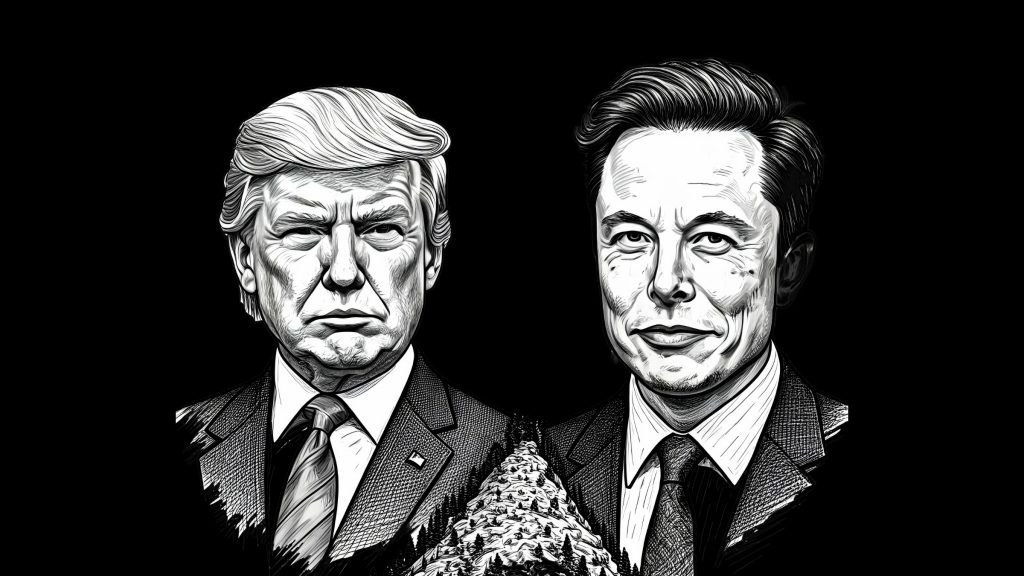
Back in November 10, Elon Musk and Trump presented the tech billionaire as the man-of-the-hour that will reshape US tech partnerships in defense spending as he paves the way for a shift from traditional defense giants to tech-driven disruptors.
Elon Musk’s influence will hasten the military’s adoption of the best tech partnerships within the military, such as AI, drones, and autonomous systems. His interest in cost efficiency aligns with the Pentagon’s interest in faster and flexible procurement strategies that favor small, innovation-driven firms over legacy defense contractors.
Advocating for less bureaucratic red tape, Musk will accelerate the timelines of partnerships in tech projects for the military to deploy advanced technologies more quickly in a direction redefining the power dynamics of the defense sector, opening avenues for new entrants and putting pressure on traditional firms to adapt or lose out.
Projects for Tech-Driven Military Gain Momentum
One of the most talked-about tech partnership agreements programs is the Collaborative Combat Aircraft, a next-generation drone project connected with the US Air Force’s Next Generation Air Dominance program. The CCA is supposed to be a fleet of autonomous aircraft that would support a sixth-generation fighter jet.
Already, the program has opened doors for smaller firms, such as Anduril and General Atomics, both working on prototype designs for the CCA.
Production of autonomous military vehicles could also mean work for drone makers such as Kratos Defense, AeroVironment, and Hermeus. That’s different from legacy projects such as the F-35, which relies on large, multi-year contracts; drone production can happen much more quickly and at a lower cost.
There’s only so much room for new entrants in the Pentagon’s $850 billion budget, said Tara Murphy Dougherty, chief executive officer of Govini. Less than 20% of the budget goes toward buying weapons; only about 1% funds entirely for new programs. That may leave smaller defense tech firms, and tech partnership digital skills needing to team up with bigger players to win contracts and scale production.
Can Musk Reshape Defense-Tech Partnerships?
Musk’s foray into reforming American defenses has had a mixed response from industry insiders and lawmakers. A government efficiency campaign he co-leads with the pharmaceutical executive Vivek Ramaswamy promises to pare bureaucracy, reduce regulations and restructure federal agencies. Critics say the Pentagon’s spending follows a detailed process approved by Congress.
Republican Senator Deb Fischer cut to the chase: any defense company calling for budget reforms should be willing to give up one of its own programs. “Every one of you needs to propose a program that you personally benefit from that you’d be willing to cut,” Fischer said during the Reagan National Defense Forum, a summit where military leaders, lawmakers, and industry executives debated the future of U.S. defense spending.
Now, with Pentagon spending on tech partnerships at the heart of one of the biggest defense-tech collaborations by the US government in years, industry players small and large are preparing for a period of high-intensity competition. Whether Musk can actually challenge the entrenched tech partnerships giants of defense remains to be seen, but his involvement certainly creates ripples in the sector.
Inside Telecom provides you with an extensive list of content covering all aspects of the tech industry. Keep an eye on our Tech sections to stay informed and up-to-date with our daily articles.